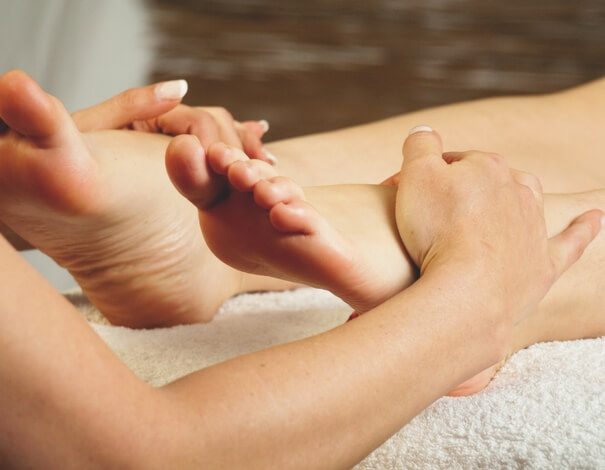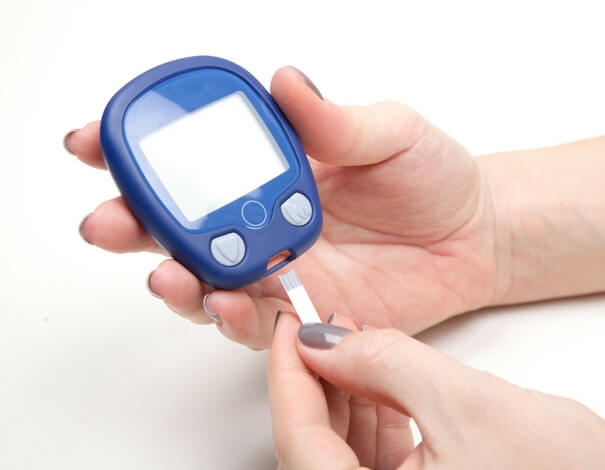Healthy Lifestyle Habits and Diabetes
Did you know that over 11 million Canadians have diabetes or prediabetes? In addition to taking medication regularly as prescribed, improving lifestyle habits is an essential part of the treatment of this chronic disease.
What are the complications of type 2 diabetes?
When diabetes is not properly controlled, blood sugar levels can remain too high. Over time this can have serious consequences for various organs:
- Kidneys (kidney failure and even the need for dialysis)
- Heart (heart attack)
- Blood vessels (stroke, poor circulation in the legs, amputation)
- Nerves (loss of feeling, numbness, tingling)
- Eyes (glaucoma, cataracts, and even loss of vision)
The best way to reduce the risk of complications and improve life expectancy is to achieve and maintain optimal blood sugar levels as soon as possible once your treatment begins. In addition to taking your medications regularly, improving certain lifestyle habits can also help stabilize your blood sugar levels.
What lifestyle changes can have a positive effect on type 2 diabetes?
Aim for and maintain a healthy weight
Excess weight increases the risk of type 2 diabetes. More than four out of every five people with type 2 diabetes are overweight or obese.
Losing weight helps give you better control over your blood sugar levels, which in turn can reduce the need for medication.
Weight loss hinges on a combination of two things—a heathy diet and regular physical activity.
A healthy diet — Here are a few tips to help you eat better:
- Cook your own meals and choose fibre-rich foods (vegetables, fruits, whole grain cereals). Consult Canada’s Food Guide for recommended serving sizes.
- Between meals, opt for healthy snacks (fruits, vegetables, nuts) rather than processed foods (pastries, bars, chips).
- Eat smaller servings and include one protein source in every meal. Proteins help stave off hunger longer.
- Eat only when you feel hungry. Stop eating when you’re no longer hungry. Eat slowly.
- Drink water instead of juice or pop. Alcohol contains a lot of sugar. Opt for wine instead of sweet alcoholic beverages, and steer clear of cocktails. Follow the general recommendation to drink in moderation, and avoid drinking alcohol on an empty stomach.
It can be difficult to make the right food choices. Don’t hesitate to consult a registered dietician, who can help you draw up a food plan tailored to your tastes, allergies, intolerances, and needs.
Physical activity:
Before making any changes to your level of physical activity, especially if you are sedentary, it’s best to talk to your physician first to find out whether there are any restrictions due to your health. If you wish, a kinesiologist or trainer can help develop a training plan adapted to your needs and goals.
In addition to helping you lose weight and keep it off, being physically active helps control blood sugar levels and lower blood pressure and cholesterol levels. Plus, it also reduces stress.
Aim for 30 minutes of moderately intense physical activity most days of the week. It’s best to incorporate physical activity into your routine gradually, to avoid the risk of injury and a drop in motivation. Opt for an activity you enjoy and that fits into your daily schedule, e.g., walking, cycling, or swimming. If you have trouble finding the motivation to be active, seek out someone who can join you.
Quit smoking
Quitting smoking is always a smart health choice, and it’s just as true for diabetics. Tobacco increases the risk of type 2 diabetes complications due to its harmful effect on blood vessels. Feel free to ask your pharmacist for advice. He or she can recommend various tools to help you quit.
How to change your habits
Each person is different when it comes to their habits, abilities, skills, tastes, time constraints, family life, etc. Before you make any changes to your habits, take a moment to work out your priorities and set realistic goals.
Don’t expect your lifestyle habits to change overnight! It takes perseverance, so be patient with yourself! If you need to make several changes, it’s best to make them one at a time.
Ask your friends and family to support your efforts and, better yet, to join you!
Remember, our pharmacists are there for you! Feel free to consult them if you have any questions.
The pharmacy services presented in this section are offered by pharmacist owners who are affiliated with Uniprix. The pharmacists are solely responsible for the professional activities carried out during the practice of pharmacy. These services are offered in participating pharmacies only. Certain fees and conditions may apply.
* The information contained herein is provided for informational purposes only and is not intended to provide complete information on the subject matter or to replace the advice of a health professional. This information does not constitute medical consultation, diagnosis or opinion and should not be interpreted as such. Please consult your health care provider if you have any questions about your health, medications or treatment.




